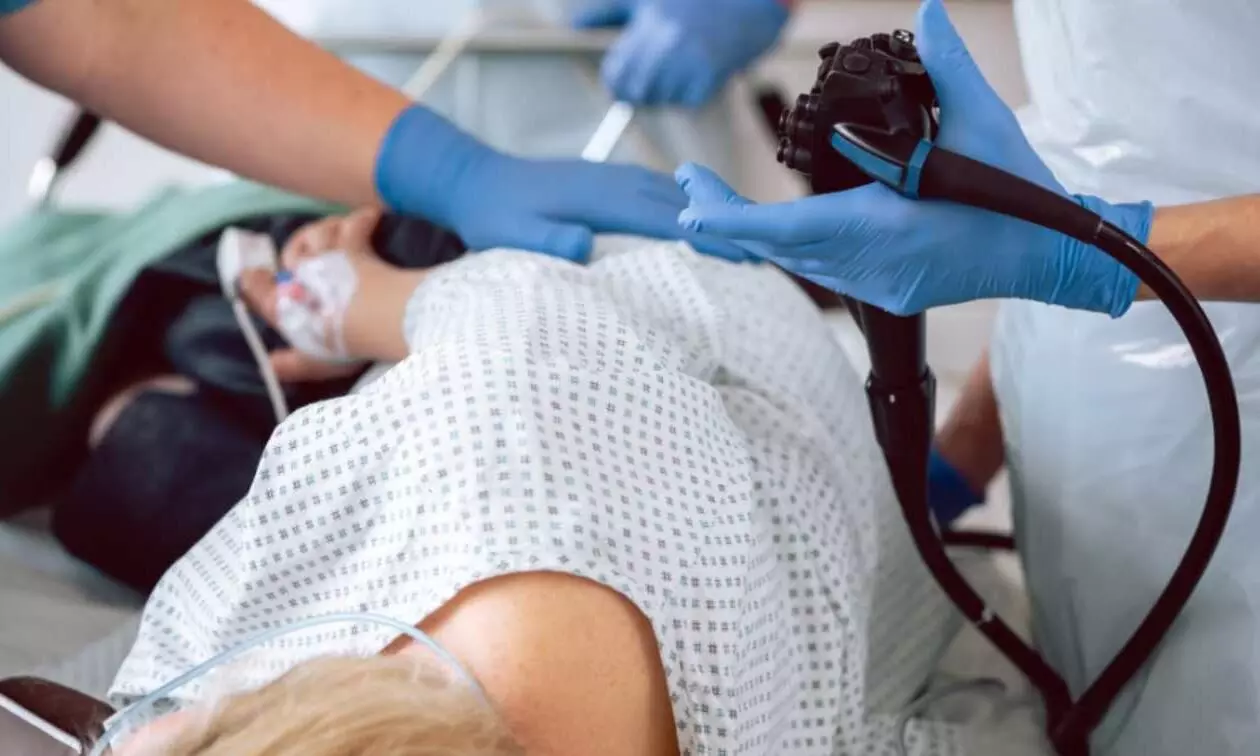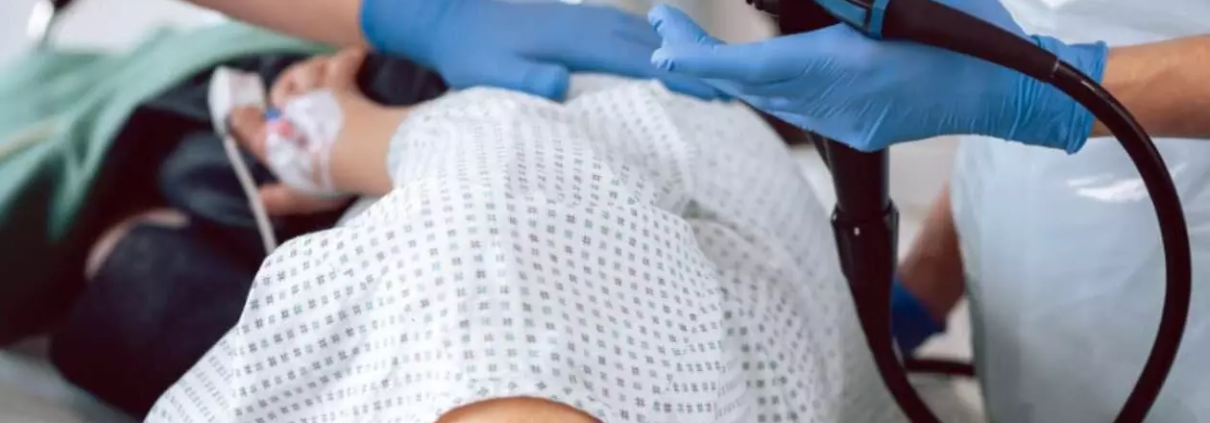Innovative Gastric Cancer Screening Approach Shows Promising Results in Randomized Controlled Trial

In a groundbreaking randomized controlled trial conducted in
Yurihonjo and Nikaho city, Akita Prefecture, researchers have unveiled a new
approach to gastric cancer (GC) screening that could revolutionize early
detection and treatment outcomes. The study compared the efficacy of two
screening methods, Ba-Endo (barium photofluorography following upper
gastrointestinal endoscopy) and ABC-Endo group (upper gastrointestinal
endoscopy according to serological stratification) and found that gastric
cancers could be better cured by endoscopic resection alone in
the ABC-Endo group.
The study results were published in the journal
Gastrointestinal Endoscopy.
Attempts have been undertaken to create an endoscopic
screening system that integrates serological gastric cancer (GC) risk
stratification, specifically the ABC classification, in conjunction with the
yearly population-based GC screening using barium. The study, spanning five
years and involving 1,206 participants, compared the efficacy of two screening
methods: the Ba-Endo group, which underwent annual barium tests followed by
detailed endoscopic examinations, and the ABC-Endo group.
The participants were carefully randomized using the
minimization method, with sex and age considered as key allocation factors.
Over the course of the study, the Ba-Endo group adhered to annual barium tests,
while the ABC-Endo group underwent esophagogastroduodenoscopy (EGD) at varying
intervals, including Group A (EGD only at entry), Group B (EGD once every 3
years), Group C (EGD once every 2 years), and Group D (EGD every year).
Findings:
Results from the trial revealed that both groups exhibited a
similar overall GC detection rate of 1.9%, with 24 detected GC lesions.-
The Ba-Endo and ABC-Endo groups demonstrated detection rates
of 2.0% and 1.8%, respectively, showing no statistically significant
differences between them (P=1.0). -
However, a remarkable finding emerged when analyzing the
efficacy of endoscopic resection in treating the detected GCs.
Notably, the study found that the rate of GCs cured by
endoscopic resection alone was 41.6% in the Ba-Endo group. Surprisingly, the
ABC-Endo group displayed a significantly higher rate, reaching 90.9% (P=0.02).-
This groundbreaking outcome suggests that the ABC-Endo
approach, which tailors endoscopy intervals based on individual risk factors,
holds substantial promise in identifying and successfully treating GCs through
less invasive means.
These results could potentially reshape the landscape of
gastric cancer screening programs worldwide. The personalized ABC-Endo strategy
not only demonstrated comparable detection rates to the traditional Ba-Endo
method but also exhibited a clear advantage in terms of successful endoscopic
resection, offering patients a less invasive and more effective treatment
option for early-stage gastric cancers. Further research and validation are
crucial, but the promising outcomes of this trial suggest a step forward in the
ongoing fight against gastric cancer.
Further reading: Kusano C, Gotoda T, Ishikawa H, Suzuki S, Ikehara H, Matsuyama Y. Gastric Cancer Detection Rates using Gastrointestinal Endoscopy with Serological Risk Stratification: A Randomized Controlled Trial. Gastrointest Endosc. Published online January 23, 2024. doi: 10.1016/j.gie.2024.01.022



